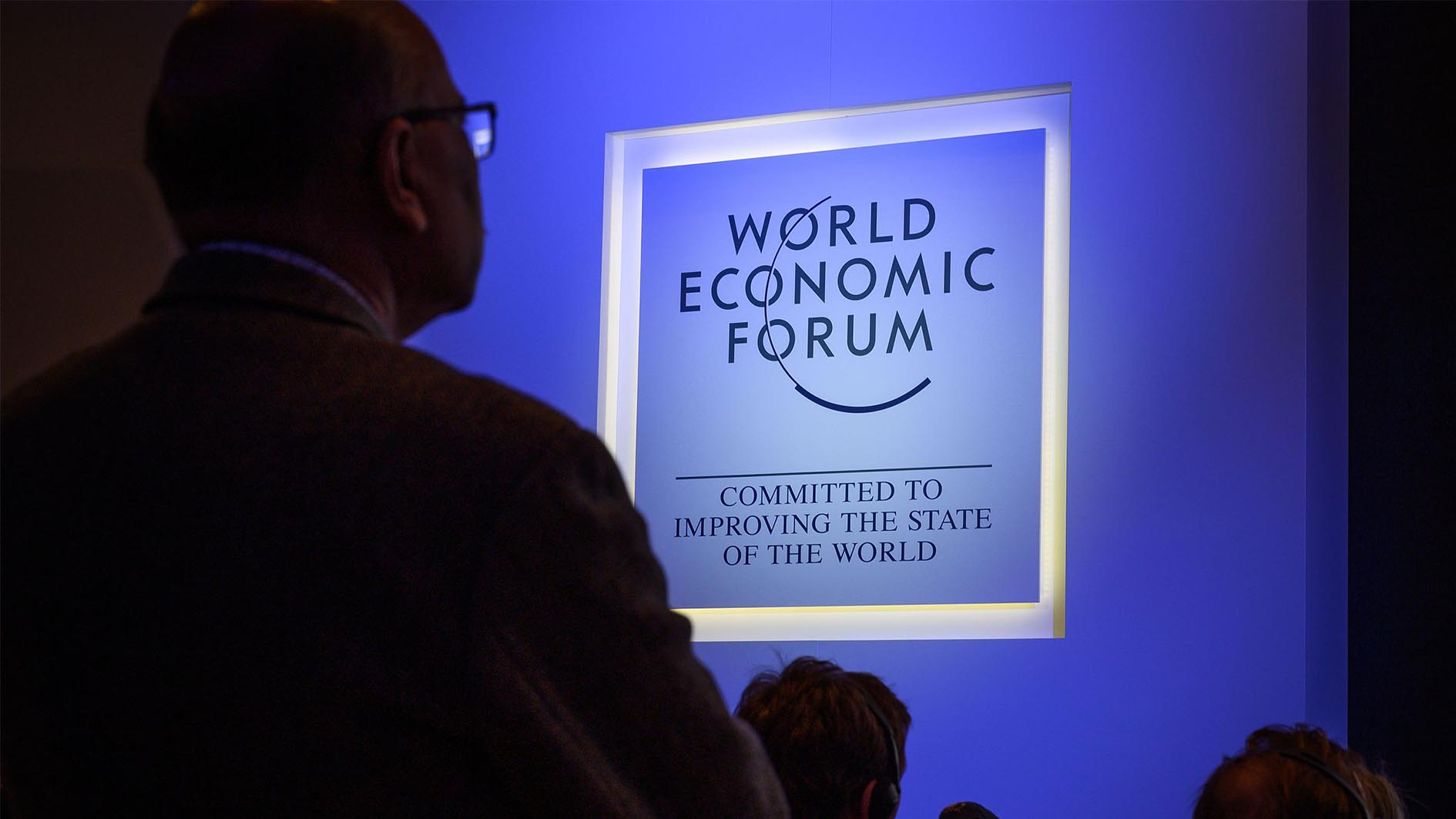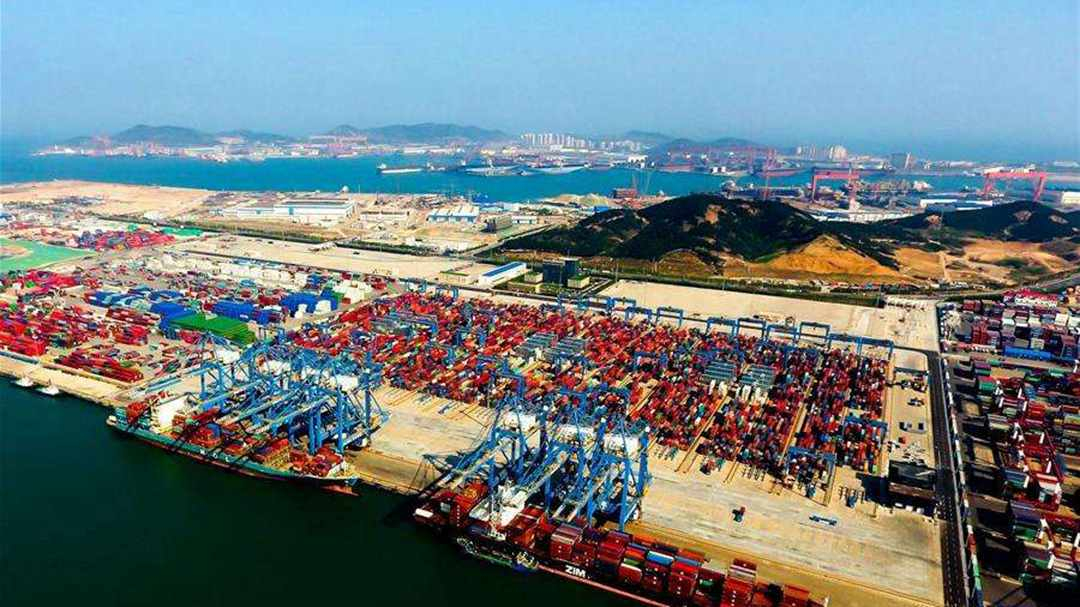
Economy
21:39, 24-Jan-2019
Notes from 'China Economic Outlook' session at Davos 2019
CGTN Global Business
02:08

This year's World Economic Forum (WEF) comes amid a slew of uncertainties across the world. From trade disputes to Brexit, world leaders are preparing themselves for the uncharted territory lying ahead. One topic that garnered the attention of global CEOs and economists at Davos is whether the Chinese economy is heading for a sharp slowdown. Another is how the Chinese economy will cope with slower GDP growth as the government continues to push for economic reform.
Economic structural reform, coupled with a weakening demand both at home and broad, has cooled the growth momentum in China. Data from China's National Bureau of Statistics shows that the fourth quarter GDP growth retreated slightly to 6.4 percent. That was a decline from the year-on-year growth of 6.5 percent in the third quarter of 2018. To stabilize growth and kick-start investment, Beijing has been rolling out a series of policies, including tax and fee cuts. But analysts say that it will take several months before the effects could kick in.
Glenn Youngkin, co-CEO of Carlyle Group, suggested that people should step back and take a look at the big picture. "Today's China is very different than 10 years ago. The contributor to GDP growth, which historically was all export-driven, is now very much consumption-driven," he explained.

Xinhua Photo
Xinhua Photo
"In the last two years, the government has really ramped up efforts in implementing de-leveraging. We have seen leverage really stabilized or come down in various sectors. For me, it's slower but safer," said Jin Keyu, Associate Prof. of Economics, London School of Economics.
Business leaders also talked about investing in China and many of them said that competitive neutrality is what the international business community cares about the most on this front. "It's about the roles of the intangibles, like intellectual property,” said Timothy Adams, CEO of Institute of International Finance.
He also pointed out that many of the trade policies in China, like in the U.S., remain situated in the 20th century's view of an industrialized country. As China moves toward a more service-based economy, Adams suggested that China should “move the conversation and the institutions to a 21st century mode,” which emphasize the role of data. That's because “data is the new oil of the 21st century economy.”

SITEMAP
Copyright © 2018 CGTN. Beijing ICP prepared NO.16065310-3
Copyright © 2018 CGTN. Beijing ICP prepared NO.16065310-3